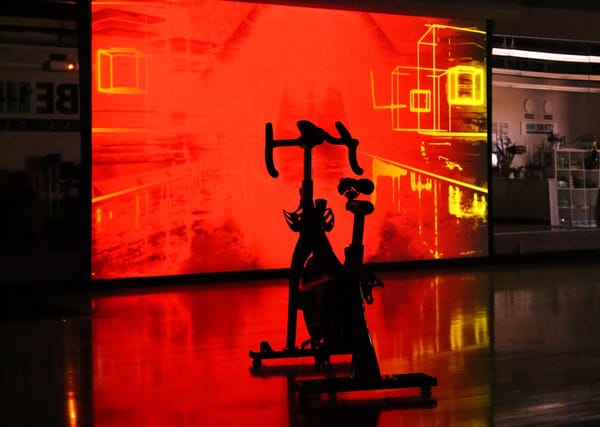Mastering the Mental Game in Triathlon Training
Triathlon coach Grant Giles integrates psychological techniques into training, enhancing athletes' mental and physical strength.


Triathlon coach Grant Giles integrates psychological techniques into training, enhancing athletes' mental and physical strength.


In the world of triathlon, where the physical is often the primary focus, I emphasise a balanced approach that equally values the mental aspect of training. My philosophy, grounded in my extensive experience as an accredited high-performance triathlon coach, advocates for a holistic approach to training, integrating the mental with physical conditioning.
Priming is a psychological tool that sets the foundation for the training session ahead. It involves three critical components:
This technique involves a brief period of introspection before a training session. Athletes are encouraged to observe their thoughts and emotions, assessing their readiness and attitude towards the upcoming challenge. This self-reflection is pivotal in developing mental agility and resilience, equipping athletes to reframe negative thoughts and focus on positive outcomes.
Mindfulness practice is more than just a relaxation technique; it's a tool for honing mental sharpness and focus. Regular mindfulness exercises can significantly improve concentration, pain management, and emotional regulation, all of which are vital in the demanding context of triathlon.
My approach to triathlon training transcends traditional physical conditioning methods, integrating psychological principles to foster well-rounded athletes. By focusing on mental priming, cognitive appraisal, and mindfulness, athletes can unlock new levels of performance, making them not just physically robust but mentally resilient and emotionally balanced. This comprehensive training philosophy is the key to excelling in the challenging and rewarding world of triathlon.